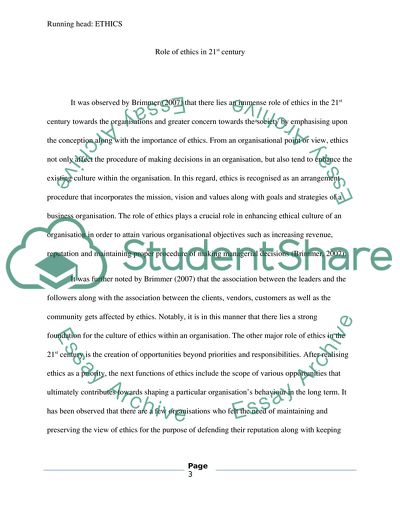Cite this document
(“The Role of Ethics in 21st Century Organizations Research Paper”, n.d.)
The Role of Ethics in 21st Century Organizations Research Paper. Retrieved from https://studentshare.org/social-science/1767256-soc
The Role of Ethics in 21st Century Organizations Research Paper. Retrieved from https://studentshare.org/social-science/1767256-soc
(The Role of Ethics in 21st Century Organizations Research Paper)
The Role of Ethics in 21st Century Organizations Research Paper. https://studentshare.org/social-science/1767256-soc.
The Role of Ethics in 21st Century Organizations Research Paper. https://studentshare.org/social-science/1767256-soc.
“The Role of Ethics in 21st Century Organizations Research Paper”, n.d. https://studentshare.org/social-science/1767256-soc.


